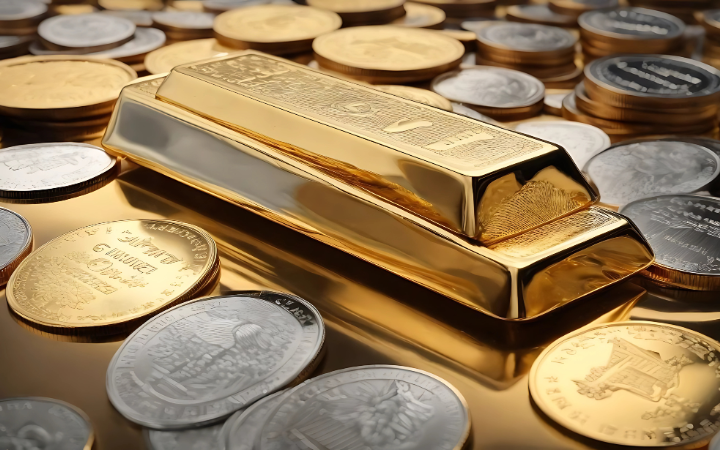Precious Metals Options
An in-depth exploration of precious metals in the modern economy
Course Overview
Understanding the historical and contemporary significance of precious metals
This course will explore the evolving role of precious metals, banks, and the real economy. From the 19th century to the early 20th century, the U.S. dollar was linked to gold, with the value of the dollar underpinned by government-held gold reserves, and gold was regarded as an "anti-inflation asset."
Precious metals—gold in particular—are seen as "safe haven assets." During the market downturn triggered by the COVID-19 pandemic in 2020, when U.S. stock prices fell sharply, gold prices surged. The United States has leveraged Precious Metals technology to bolster its "financial hegemony."
Although this technology holds the potential to significantly enhance the productivity of global financial services, regulators are confronting novel challenges related to taxation, money laundering, privacy, and securities registration. We will address these issues and others, and invite guest speakers from the digital assets community.

Course Modules
Key topics covered throughout the semester
Historical Context of Precious Metals
Examining the historical role of gold, silver, and other precious metals as currency and stores of value. The transition from the gold standard to fiat currency systems and the implications for global economies.
Market Dynamics and Price Formation
Analysis of supply and demand factors influencing precious metals markets. Impact of mining production, central bank activities, investment demand, and industrial usage on price discovery mechanisms.
Options Strategies for Precious Metals
Introduction to options contracts specific to precious metals markets. Developing strategies for hedging, speculation, and yield enhancement using call and put options on gold, silver, and related instruments.
Inflation Hedging and Portfolio Allocation
Assessing the effectiveness of precious metals as inflation hedges across different economic environments. Optimal portfolio allocation strategies incorporating precious metals for risk management and diversification.
Regulatory Framework and Future Trends
Examining current regulatory approaches to precious metals markets and trading. Exploring emerging trends including tokenization of precious metals, blockchain applications, and environmental considerations in mining and trading.
Course Details
Academic information and requirements
Prerequisites
- Introduction to Financial Markets
- Macroeconomics Principles
- Basic understanding of options and derivatives
Assessment
- Class participation: 20%
- Case study analyses: 30%
- Trading simulation: 20%
- Final research paper: 30%
Required Materials
- Vanderbilt, R. & Johnson, A. (2023). Precious Metals in Modern Finance. Harvard Business Press.
- Selected articles and case studies (provided in course materials)
- Financial calculator or approved software equivalent
